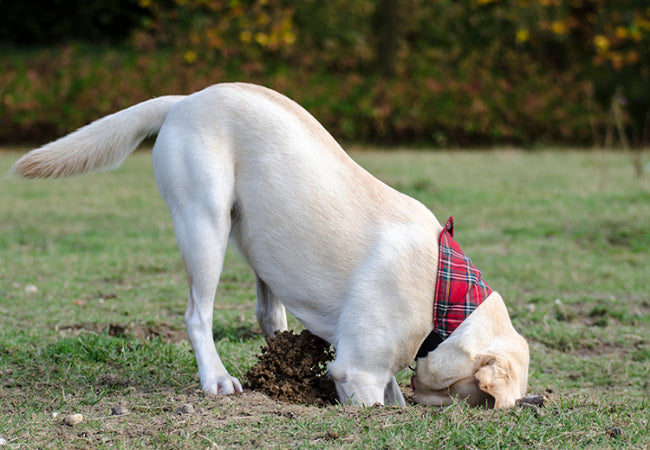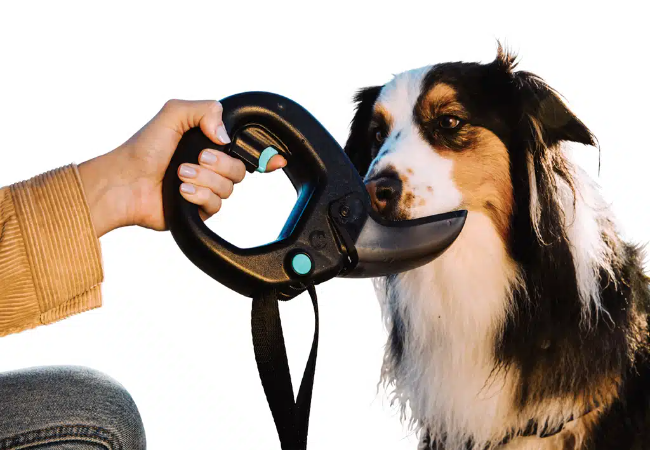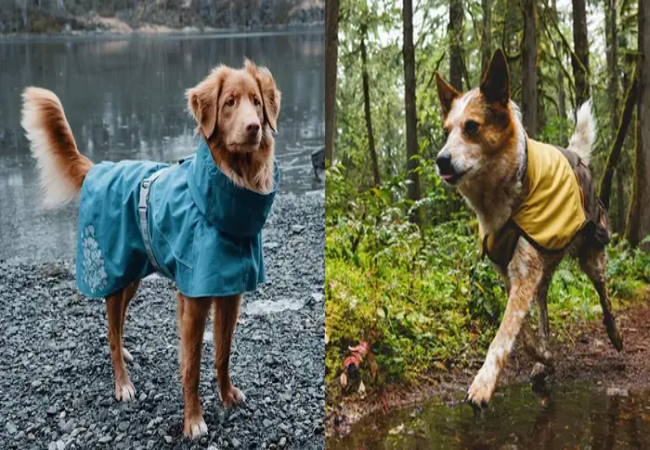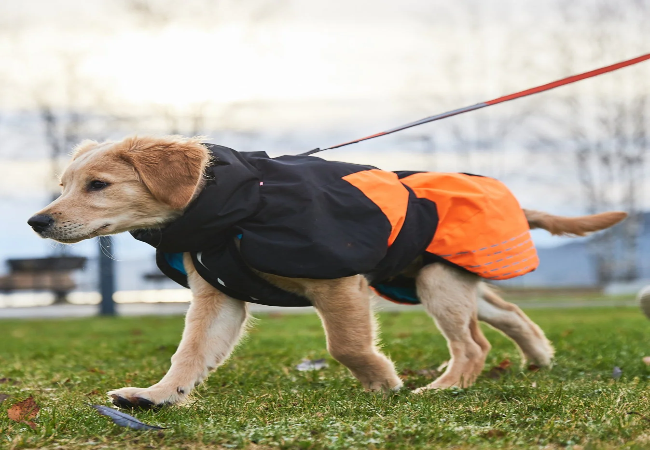Stop Dog Digging 2025: Vet-Approved Expert Tips 🐾🏡

In this article
Stop Dog Digging 2025: Vet-Approved Expert Tips 🐾🏡
By Dr. Duncan Houston BVSc
Digging is a natural canine behavior, but it can quickly become frustrating when your dog turns your garden into a construction site. Dogs dig for many reasons: to seek entertainment, escape, hunt, or get attention. Understanding the cause is key to stopping the behavior effectively.
🏃♂️ 1. Provide Adequate Exercise and Mental Stimulation
Boredom and excess energy are major triggers for digging. Keep your dog physically and mentally engaged:
-
Daily walks and play sessions
-
Fetch, tug-of-war, or agility training
-
Puzzle toys or treat-dispensing toys to challenge their mind
Remember, some breeds, like Terriers or Huskies, naturally have more energy and may require extra activity to stay satisfied.
🏖️ 2. Create a Designated Digging Zone
Instead of trying to stop digging altogether, channel it into an acceptable area:
-
Set up a sandbox or a specific corner of your yard
-
Bury toys or treats to encourage digging in that spot
-
Praise your dog when they dig in the designated area
This approach satisfies their instinct while protecting your garden.
🎓 3. Training and Positive Reinforcement
Training is crucial for teaching your dog where digging is acceptable:
-
Teach commands like “leave it” or “no dig”
-
Catch them in the act and redirect them to an appropriate activity
-
Reward them with treats, praise, or play when they follow your commands
Consistency is key — punishing after the fact can confuse your dog.
🚫 4. Avoid Negative Punishment
Harsh punishment or yelling can create stress and damage your bond. Focus on positive reinforcement and redirection, which are proven to be more effective for long-term behavioral change.
❌ 5. Make Problem Areas Less Appealing
If there’s a particular spot your dog loves to dig:
-
Place smooth rocks or chicken wire (non-sharp edges) under the soil
-
Use safe, non-toxic deterrent sprays with an unpleasant smell
-
Avoid using harmful chemicals, as these can endanger your dog
😟 6. Address Separation Anxiety
Dogs sometimes dig to escape or cope with anxiety when left alone. Signs of separation anxiety may include:
-
Chewing, barking, or pacing when alone
-
Attempting to escape the yard or house
Strategies to help include:
-
Crate training for short periods
-
Gradually increasing time apart
-
Consulting a vet or dog behaviorist for severe cases (medication may be recommended)
🐭 7. Check for Pests
Dogs may dig in search of prey, such as moles, gophers, or insects. If this is the case, consult a pest control professional to remove the attraction safely.
💡 Key Tips
-
Provide plenty of alternatives for energy release
-
Supervise your dog outdoors until they consistently avoid forbidden areas
-
Be patient and consistent — behavior change takes time
-
Use reward-based strategies to reinforce good habits
With understanding, patience, and positive reinforcement, you can teach your dog to enjoy digging appropriately while keeping your garden intact.



